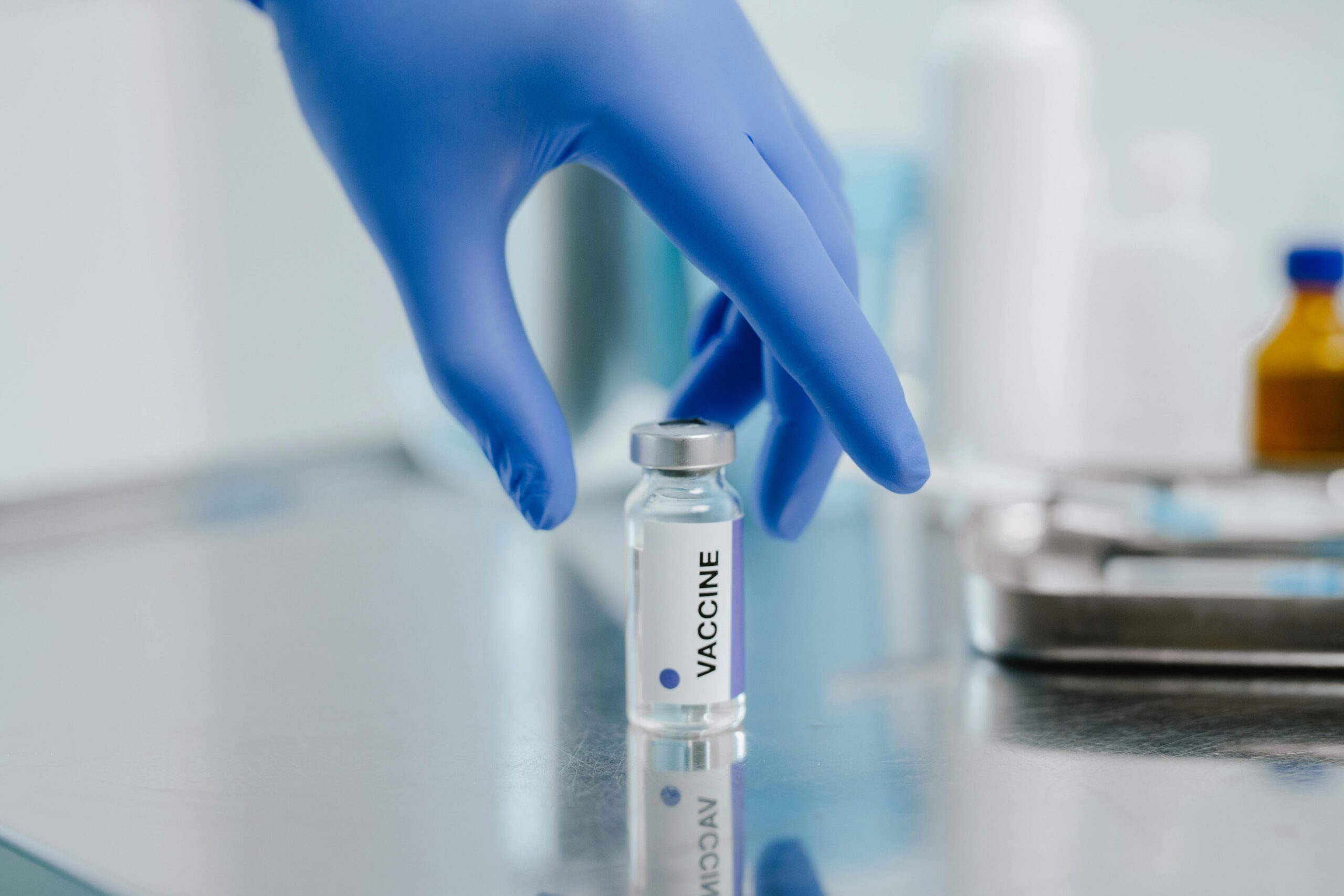Atopic dermatitis (also called eczema) is a common type of skin inflammation – your body’s immune system responding to an allergy. The itching can be so severe that it adversely affects mental health. Usually, the thickened, reddened skin improves quickly when treated with drugs that suppress the immune system. A new study, however, reveals that the same immunosuppressive drugs, when used in obesity, can make eczema worse.
Researchers at Gladstone Institutes, the Salk Institute for Biological Studies, and UC San Francisco (UCSF) collaborated to study the phenomenon. They tested the process in mice, which have immune systems similar to humans. The usual drugs for eczema which target the immune system were rendered useless, or even harmful, when administered to obese mice.
The findings could affect how clinicians treat allergies and asthma in people with obesity.
“We’re living in an era when the rate of obesity is increasing around the world,” says Dr. Alex Marson, director of the Gladstone-UCSF Institute of Genomic Immunology, in a statement. “Changes in diet and body composition can affect the immune system, so we have to think about how diseases that involve the immune system might differ between individuals.”
“Our findings demonstrate how differences in our individual metabolic states can have a major impact on inflammation, and how available drugs might be able to improve health outcomes,” says Dr. Ronald Evans, director of Salk’s Gene Expression Laboratory.
It is estimated that about half of the adults in the United States will be classified as obese by the year 2030. Obesity, sometimes classified as a chronic inflammatory state, alters the immune system in many ways. People with obesity often have different courses of disease, compared to people at a healthier weight. They may respond differently to some treatments.
Dr. Sagar Bapat, pathologist and faculty at UCSF, discovered that obese mice developed more severe disease than lean animals. His team analyzed the immune cells and molecules that were active in each group of mice.
“What we were expecting to see in the obese mice was just a greater degree of the same kind of inflammation,” says Bapat. “Instead, we saw a completely different kind of inflammation.”
The body’s helper T cells protect against infection, but become overactive with allergies and autoimmune diseases. The cells can be grouped into three classes: TH1, TH2, and TH17 cells. In atopic dermatitis the TH2 cells cause the skin inflammation.
In lean mice with eczema, the Bapat team found that the TH2 cells were active. In obese mice with the same condition, however, TH17 cells were activated, raising the question of whether the drugs used in lean animals would also be effective in obese animals.
Some drugs developed for treating atopic dermatitis lessen the response of TH2 cells. When Bapat and his colleagues treated obese mice with one of these drugs, however, it made the disease significantly worse.
The researchers suspected that dysfunction in a protein called PPAR-gamma might be the link between obesity and inflammation. They found that PPAR-gamma was a master regulator of fat cells and the target of an approved drug for diabetes.
When obese mice with atopic dermatitis were treated with a PPAR-gamma activating drug called rosiglitazone, the animals’ skin improved, and the molecular profile of their disease switched back from TH17 to TH2 inflammation. The drugs aimed at the TH2 inflammation were able to improve the obese animals’ eczema.
“Essentially, we immunologically ‘de-fattened’ obese mice without changing their body weight,” says Bapat.
The team also analyzed data from human patients with allergic disease (atopic dermatitis and asthma) who were enrolled in a large, longitudinal study. They found that people with obesity were more likely to have indications of TH17 inflammation or decreased signs of the expected TH2 inflammation, than the healthier-weight patients.
These data suggest that in both humans and mice, obesity causes an inflammation that alters the pathology of allergic disease, and decreases the effectiveness of immune therapies that target TH2-associated inflammation.
“What we’d like to know more about now is exactly how the T cell switch happens,” says Dr. Ye Zheng, an associate professor at the Salk Institute. “There are more details here to uncover that could have relevance for a host of diseases related to allergy and asthma.”
The new study indicates that combining the therapy that targets TH2 inflammation with a PPAR-gamma drug like rosiglitazone may be an effective treatment for patients with obesity who have atopic dermatitis.
The study is published in the journal Nature.













So far, morbid obesity hasn’t been linked to any known health benefits.